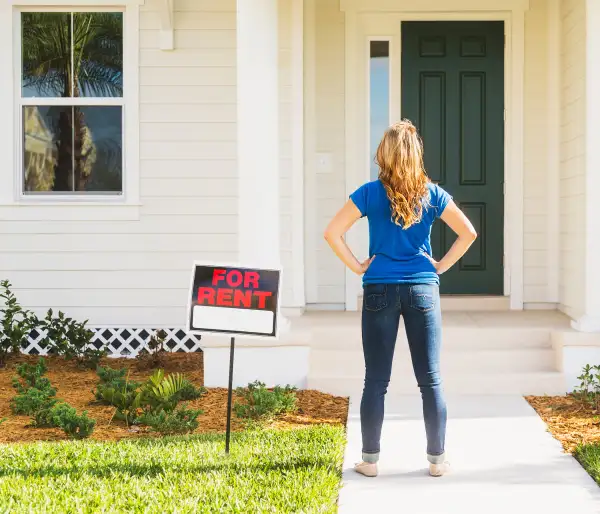Why Millennials Are Better Off Waiting 10 Years to Buy a Home

In a report sure to make the real estate industry cringe, researchers at the St. Louis Federal Reserve suggest most young adults postpone home ownership for years, if not a decade or longer. This comes as the housing market is beginning to boom again and older Millennials, a group that generally has eschewed homeownership, shows signs of wanting to take the plunge.
Can this be sound advice? Home ownership has been a reliable long-term wealth builder for generations. Often home equity is retirees’ largest asset and, along with Social Security, enough for them to live out their days financially secure.
The housing bust changed the calculus. Flipping and other short-term strategies, and risky nothing-down and no-documentation mortgages, contributed mightily to the bust. Yet short-term moves have always been dicey. Properly considered, a home is less an investment than a forced savings plan and place to live. Over time, real estate keeps pace with inflation and a stable, affordable mortgage provides a valuable tax deduction.
The Fed study does not dispute that. It is an examination of age and wealth, and finds that younger families are on track for a lower net worth than all previous living generations. Adjusted for inflation, the median wealth of families headed by someone at least age 62 rose 40% between 1989 and 2013—to $210,000 from $150,000. Meanwhile, median wealth of households headed by someone age 40 to 61 fell 31% to $106,000 and median wealth for younger families fell 28% to $14,000.
Researchers conclude that younger families would be better served by maintaining a personal asset mix that more closely resembles the asset mix of older families—less debt and less real estate relative to their other assets. In other words, stretching for that first home when you have no other savings and little ability to save going forward is a huge mistake.
This “mistake,” by the way, is one plenty of families in previous generations made—and for many it paid off well. What seems to have changed is a greater degree of speculation that leads to a boom-bust pattern in the housing market, one that can wipe you out in the short term if your timing stinks. The Fed researchers write that young people should “delay purchase of a home with its attendant debt burden until it was possible to buy a house that did not make the family’s balance sheet dangerously undiversified and highly leveraged.”
John Bucsek, managing partner of MetLife Solutions Group, finds merit in the Fed’s argument, saying that young families should rent for years for less money than a mortgage would cost. That preserves career flexibility and cuts monthly costs. They should begin saving in a Roth IRA to build long-term wealth through a diversified portfolio. They should also pay down student loans and other debts. Later, when they have more assets, if need be they may withdraw their original Roth IRA investment plus up to $10,000 penalty free for a first-time home purchase.
That is sound strategy, and would have been especially valuable advice before the housing collapse. Today the housing market is on firmer footing. Banks remain careful about extending credit, and in June the median price for an existing home rose 6.5% to a record $236,400, at last topping the previous high of $230,400 set in July 2006—before the bust. The pace of homes being sold is the strongest since 2007. All this suggests the market is in full recovery, though the prominent economist Robert Shiller, as ever, is raising red flags about a bubble.
At the same time, Millennials, a generation that pioneered the sharing economy and many of whom have claimed to never want to own anything, are poised to enter the housing market. A Digital Risk survey found that 70% of 18-to-34 year olds are interested in purchasing a home in the next five years. If they act on that interest, it will further boost the housing recovery—and if they commit to staying their house and saving a bit on the side, they will begin to build long-term wealth much like their parents and grandparents.
Read next: These States Offer the Most Help for Buying a Home
